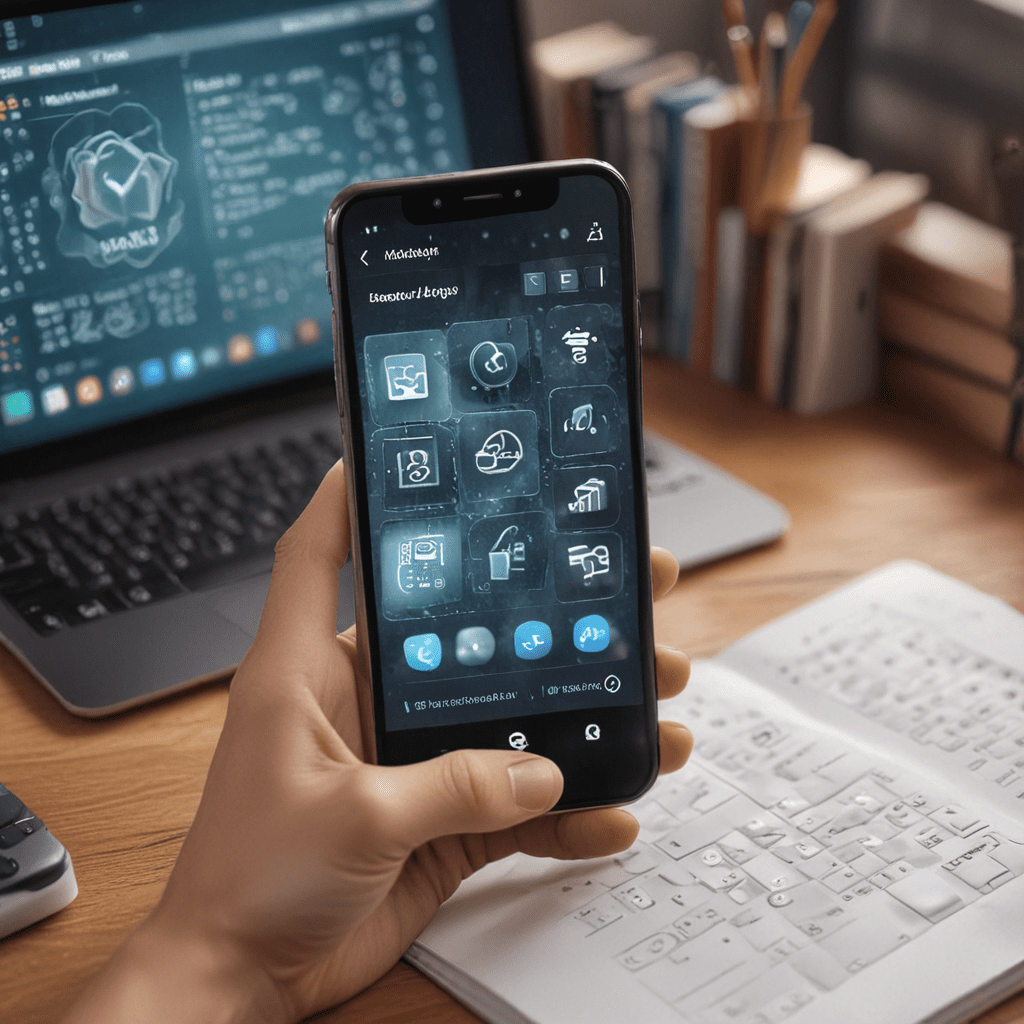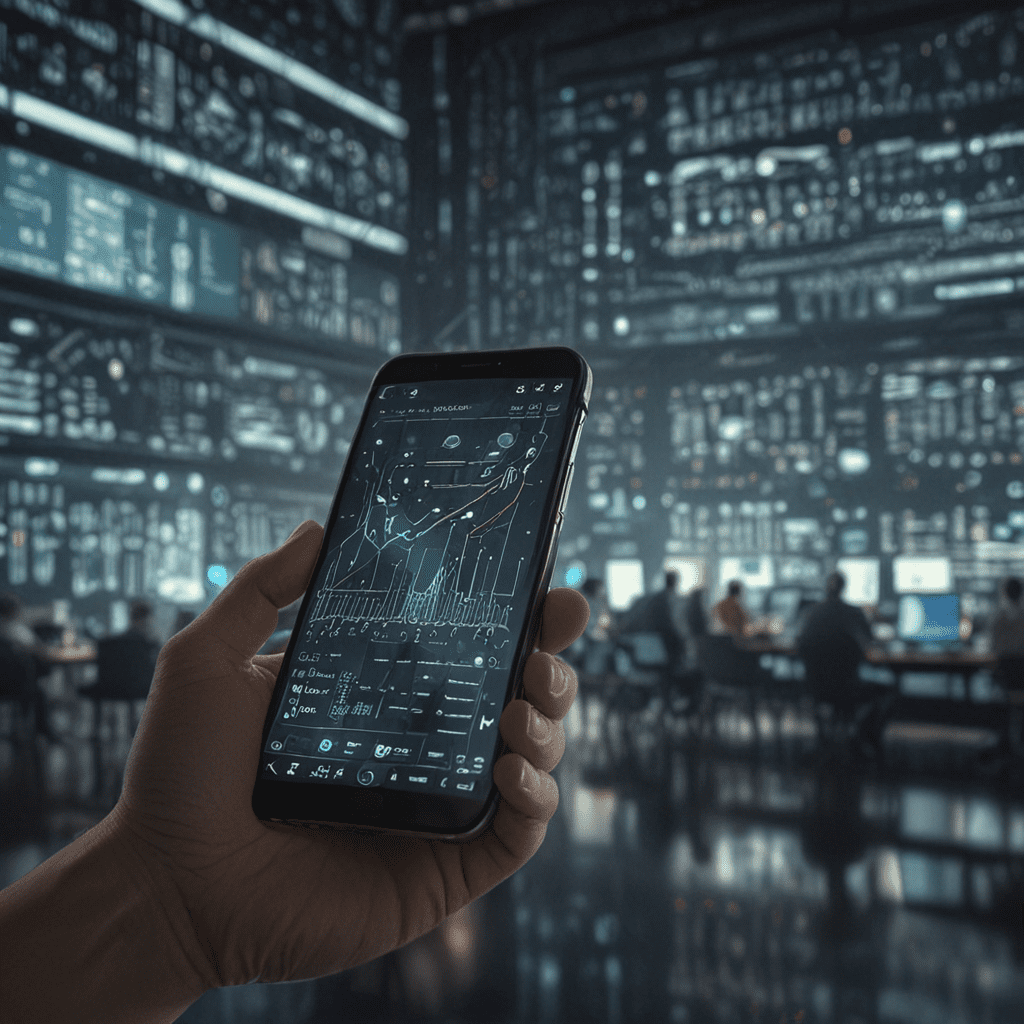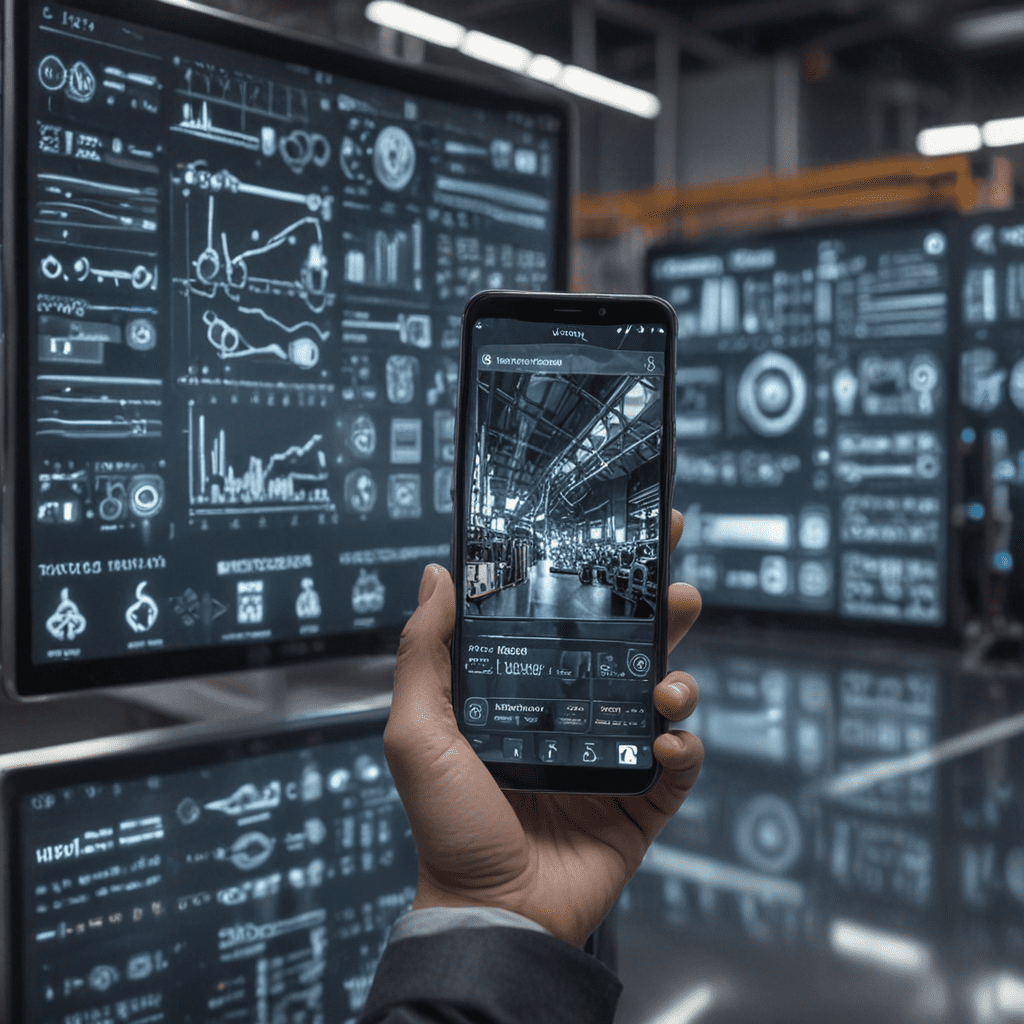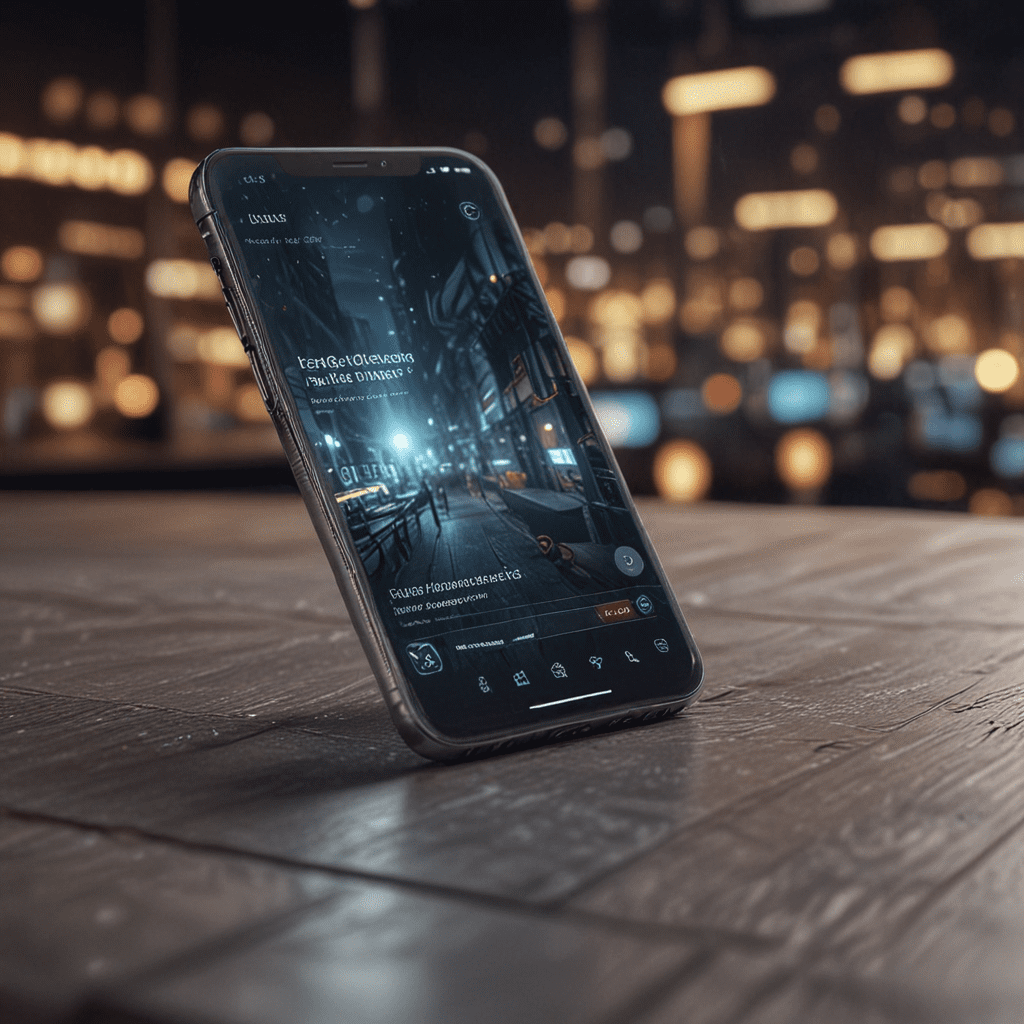
Introduction: The Rise of Mobile Learning and Personalized Education
The advent of mobile technology has revolutionized various aspects of our lives, including the way we learn. Mobile learning, facilitated by smartphones and tablets, offers numerous advantages over traditional learning methods. It provides learners with greater flexibility, accessibility, and personalized experiences. In this era of rapid technological advancements, personalized learning has emerged as a crucial approach to cater to the unique needs and learning styles of individual students. Mobile app development plays a pivotal role in delivering personalized learning experiences, empowering educators and learners alike.
Adaptive Learning Apps: Tailoring Content to Individual Needs
Adaptive learning apps leverage artificial intelligence (AI) and machine learning algorithms to track learners' progress and adapt the learning content accordingly. These apps assess learners' strengths and weaknesses, providing personalized learning paths that cater to their specific areas of need. By adjusting the difficulty level, content sequencing, and instructional methods based on individual performance, adaptive learning apps enhance the learning experience, making it more effective and engaging for each learner.
Intelligent Tutoring Systems: Guided Learning and Real-Time Feedback
Intelligent tutoring systems (ITS) are sophisticated AI-driven applications that provide learners with personalized guidance and feedback throughout their learning journey. These systems can simulate human tutors, offering real-time assistance and support. They use natural language processing and machine learning techniques to understand learners' questions and provide tailored responses. ITSs can identify areas where learners require additional support and provide targeted interventions to address specific learning challenges.
Virtual Reality and Augmented Reality: Immersive and Engaging Learning Experiences
Virtual reality (VR) and augmented reality (AR) technologies are transforming the mobile learning landscape by creating immersive and engaging learning environments. VR allows learners to explore interactive virtual worlds, while AR superimposes digital information onto the real world. These technologies enhance spatial understanding, foster collaboration, and provide learners with memorable and impactful learning experiences. VR and AR can be particularly effective in STEM education, allowing learners to visualize complex concepts and conduct virtual experiments.
Gamification in Mobile Learning: Making Learning a Game
Gamification incorporates game-like elements into mobile learning apps to make the learning process more engaging and motivating. By incorporating points, badges, leaderboards, and other game mechanics, gamified learning apps stimulate learners' interest and encourage them to progress through the learning content. Gamification can also foster a sense of community and collaboration among learners, enhancing the overall learning experience and making it more enjoyable.
Data Analytics and Learning Insights: Tracking Progress and Identifying Gaps
Data analytics plays a crucial role in personalized learning by providing educators with valuable insights into learners' progress and areas for improvement. Mobile learning apps can collect a wealth of data on learners' interactions, including time spent on tasks, attempts at questions, and responses to assessments. This data can be analyzed to identify patterns, track progress over time, and pinpoint areas where learners may need additional support. By leveraging data analytics, educators can make informed decisions about adjusting the learning content and instructional strategies to maximize each learner's potential.
Content Creation Tools for Mobile Learning: Simplifying and Empowering Educators
Content creation tools specifically designed for mobile learning empower educators to easily create and deliver engaging learning materials. These tools provide user-friendly interfaces and intuitive design features, allowing educators to focus on developing high-quality content without requiring extensive technical skills. With mobile learning content creation tools, educators can incorporate multimedia elements, interactive exercises, and assessments directly into their lessons. This simplifies the content development process and enables educators to create personalized learning experiences that align with their curriculum and students' individual needs.
Cross-Platform Development and Accessibility: Ensuring Inclusivity and Reach
Cross-platform development approaches allow mobile learning apps to be accessible on a wide range of devices, including smartphones, tablets, and laptops. This ensures that learners can access the learning content seamlessly regardless of their device preferences. Cross-platform development also promotes inclusivity by making learning materials accessible to learners with varying abilities and disabilities. By adopting responsive design principles, mobile learning apps can adapt their layout and content to different screen sizes and input methods, providing an optimal learning experience for all learners.
Emerging Technologies in Mobile App Development for Personalized Learning
The field of mobile app development for personalized learning is constantly evolving, with new technologies emerging to enhance the learning experience. Artificial intelligence (AI) and natural language processing (NLP) are playing an increasingly significant role in developing intelligent tutoring systems, adaptive learning apps, and virtual assistants that can provide personalized guidance and support to learners. Machine learning algorithms are being used to analyze learners' data and identify patterns, enabling the creation of highly personalized learning experiences. Additionally, advancements in augmented reality (AR) and virtual reality (VR) are creating immersive and interactive learning environments that can enhance engagement and retention.
Conclusion: The Future of Mobile App Development for Personalized Learning
Mobile app development has emerged as a powerful tool for delivering personalized learning experiences that cater to the unique needs of individual learners. With the continued advancement of technologies such as AI, NLP, and AR/VR, the future of mobile app development for personalized learning holds immense potential. As app development tools become more sophisticated and accessible, educators will be increasingly empowered to create engaging and effective learning experiences that unlock the full potential of each learner. Personalized learning through mobile apps is poised to revolutionize education by making learning more engaging, effective, and accessible for all.
FAQ
Q: What are the benefits of personalized learning?
A: Personalized learning allows each learner to progress at their own pace, focus on areas where they need the most support, and engage with content that is relevant to their interests and learning styles. This leads to increased motivation, improved learning outcomes, and a more positive learning experience.
Q: How do mobile learning apps facilitate personalized learning?
A: Mobile learning apps can track learners' progress, identify their strengths and weaknesses, and adapt the learning content accordingly. They can also provide learners with real-time feedback, personalized guidance, and immersive experiences that cater to their individual needs.
Q: What are some of the latest technologies being used in mobile app development for personalized learning?
A: AI, NLP, and AR/VR are transforming the field of mobile app development for personalized learning. AI-powered apps can provide intelligent tutoring and adaptive learning experiences, while NLP enables apps to understand learners' questions and provide tailored responses. AR/VR creates immersive learning environments that enhance engagement and retention.


